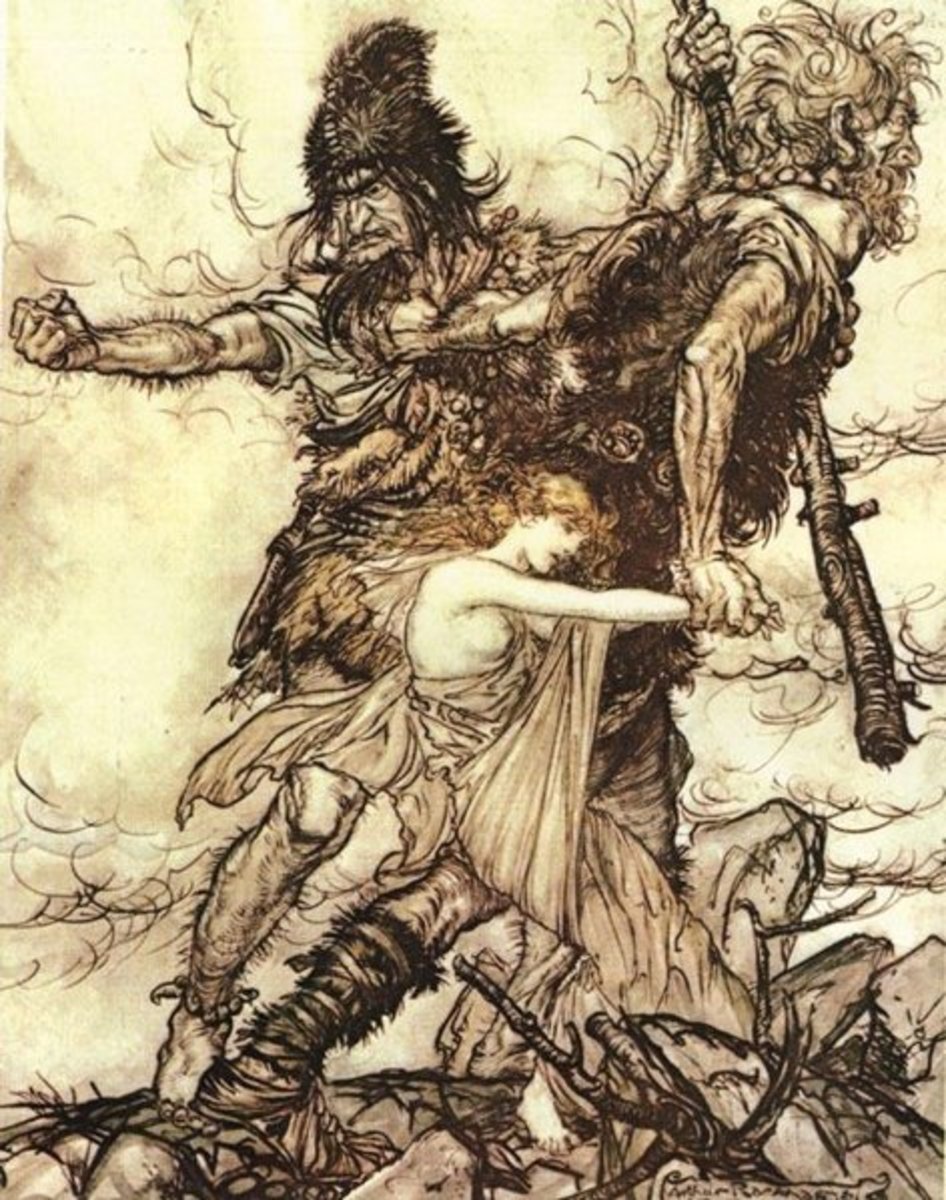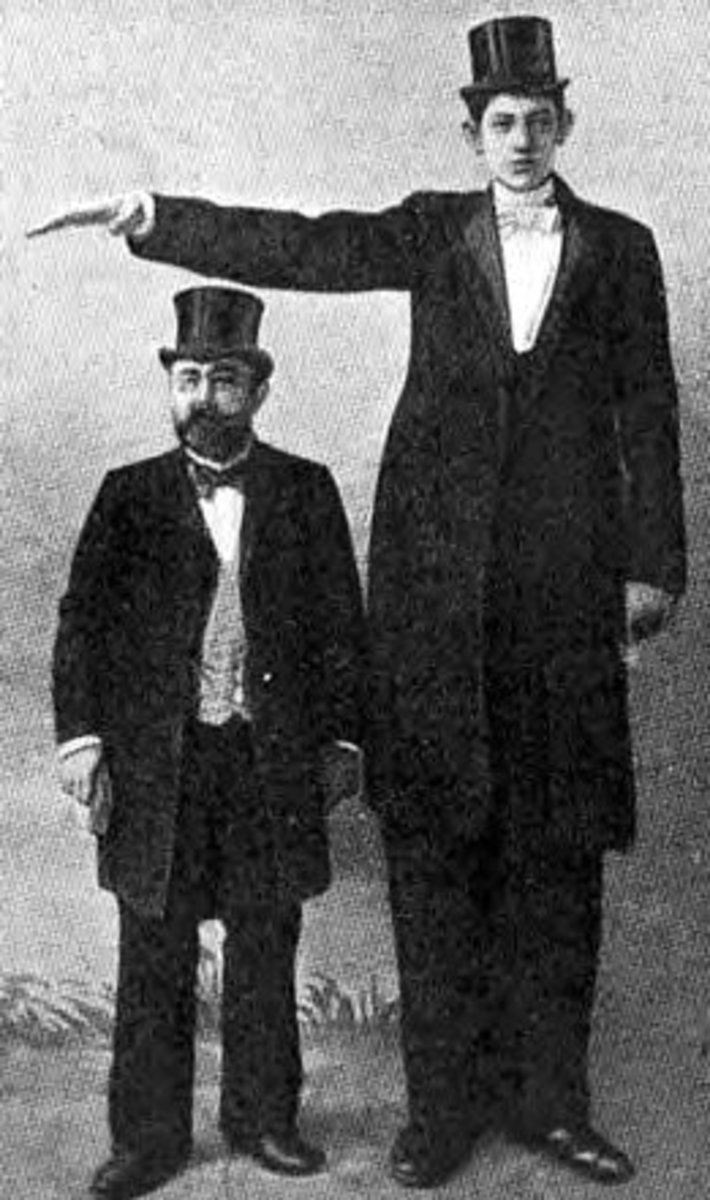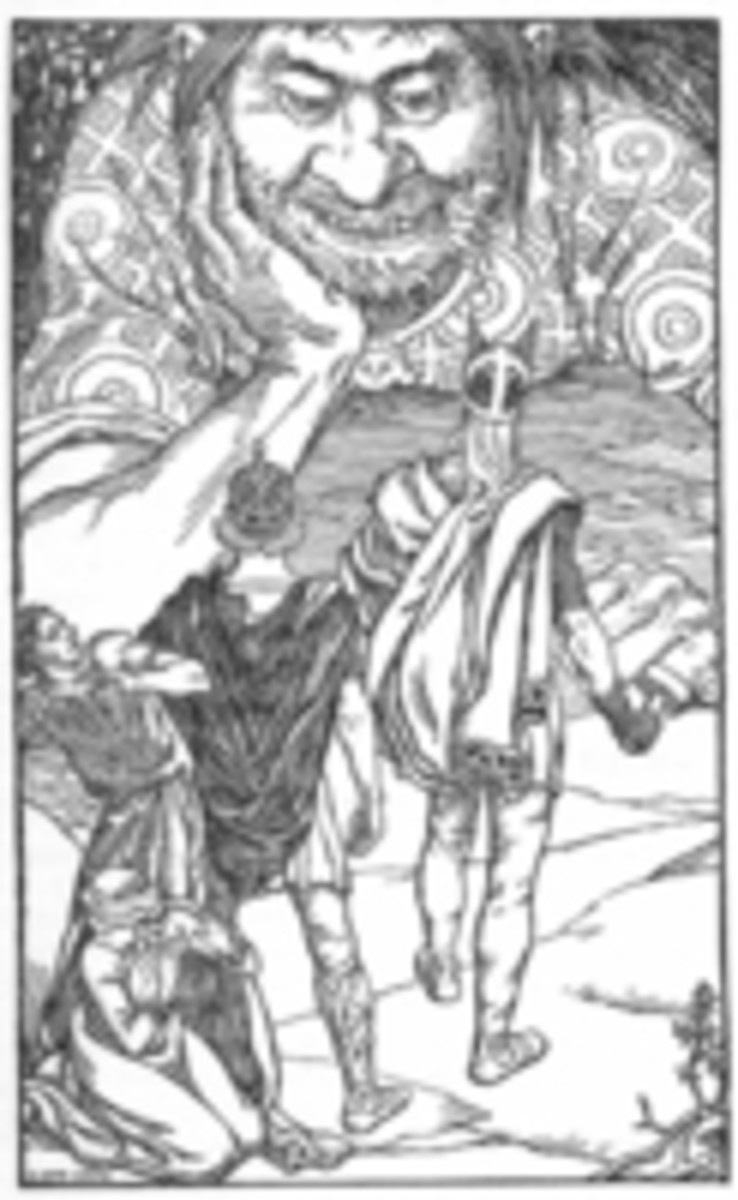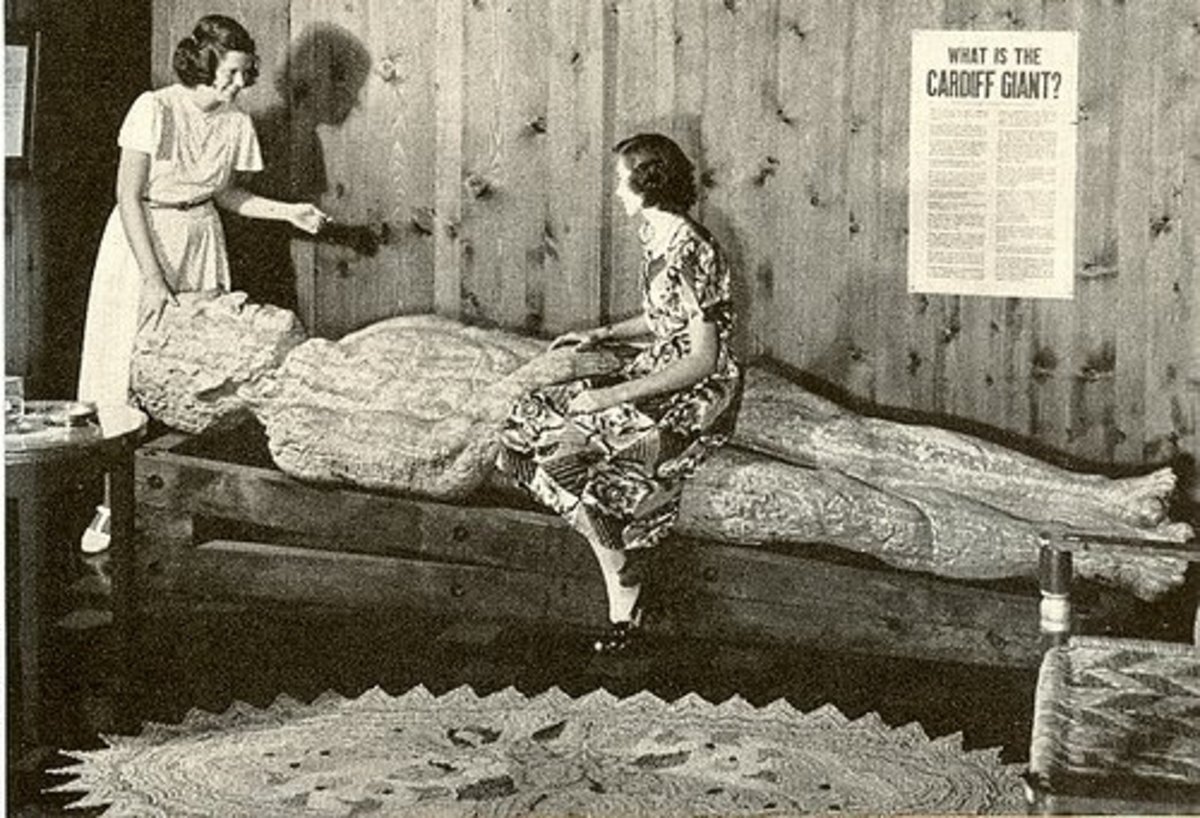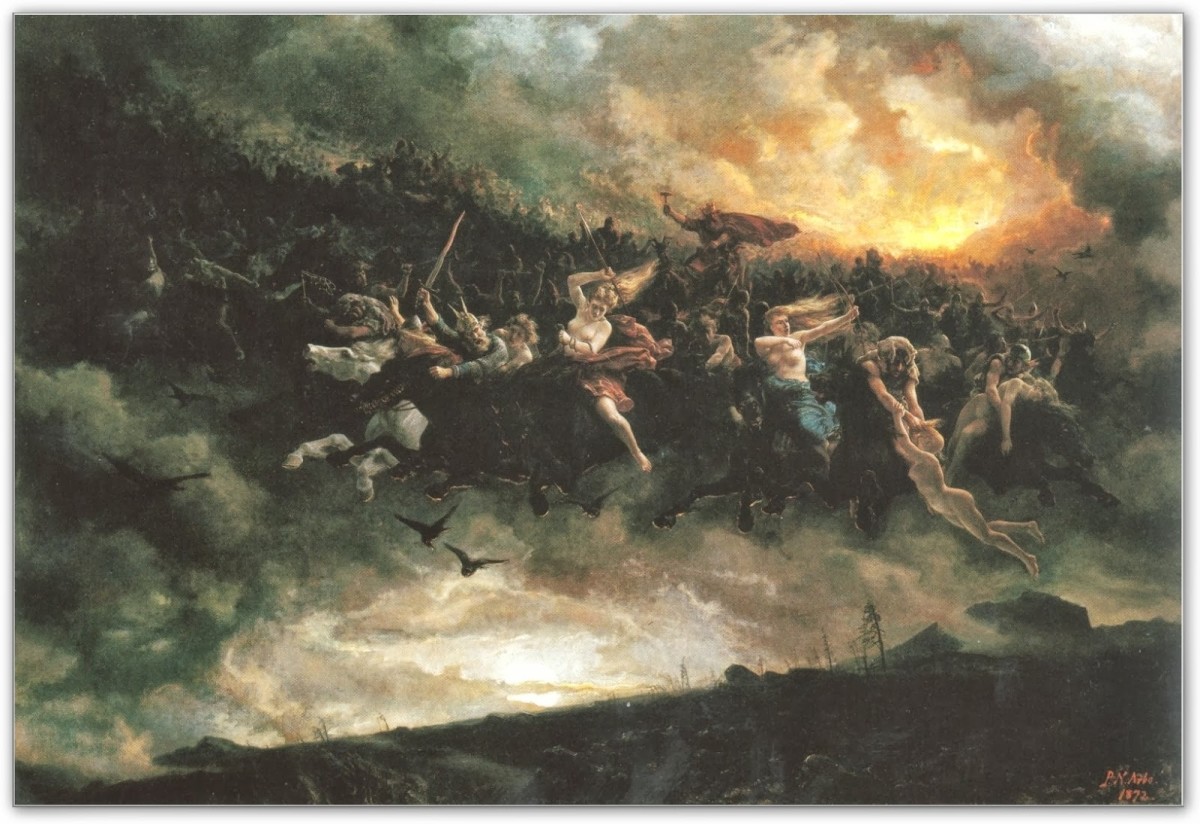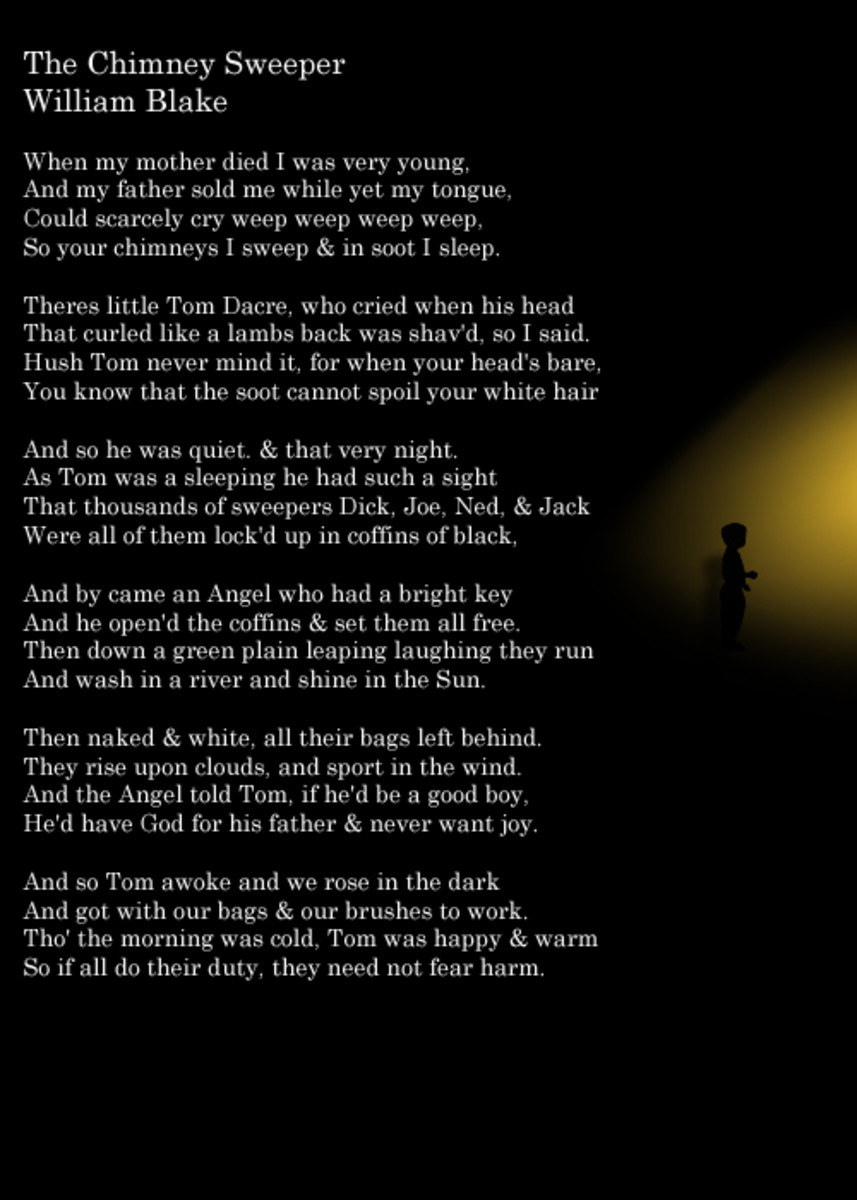The Giant to End All Giants
This is part of a book I wrote and self-published. If you want to read it all, click at
Free at screen, or for pay at paper.
I've also written a non-fiction book about Old Norse Religion -
Same thing there.
But here it goes:
1
Size is an important thing, indeeed; or so they say.
And so they used to say already in the most primordial of times.
But there were a few, although, who disagreed.
It all began when Odin, god of war and chief of all gods, got a new horse; and not an ordinary hoss it was, either, but an eight-legged one, and even among gods, that's not quite normal.
Anyhow, that was when everything began. Or, rather, didn't.
Everything began even earlier.
And it all happened like this:
2
It is told that when the gods had made Asgard, their living-place that would afterwards be so famous during all the years of this era — or, to say it more properly, when the aesir gods had done so; for, of course, the other gods, the vanir gods, didn't contribute very much to this project — actually, they didn't contribute at all — well, as I was about to say, when I was interrupted (by myself, yes, I admit, but that's no excuse for whoever did it), when the aesir gods had done so, that is, when they had built Asgard, then they started to fret about how to solve the problem of defending their brand new living-place against all malevolent giants and other suspect elements that were still roaming freely, over there somewhere in the east.
Of course, they had already, long ago indeed, killed Ymir, the first-born of all giants — or, to say it more correctly, the first-arisen one, since a being coming into existence spontaneously from a piece of salt licked by a cow, the so-called "Big Lick", can hardly be said to be "born" — as well as his son, and the son of his son, once far, far back in the first dawn of time; and of course, they had already, long ago, ground their flesh into the humus of this earth, and their bones into the mountains, and their brains into the clouds, and Ymir's skull into the canopy of heaven (which was a good thing to do, I mean to make the heavens out of the remains of such a hellish being; at least he wasn't there any more to deny he was hellish).
Thus, the skull of Ymir, that is the heavens, were still there around his brain, in the shape of the clouds; and there are some nasty tongues who say that his brain, when dead, was not much less able to think intelligent thoughts than it had been while it had been alive.
Of course, he wasn't there any more to gainsay them; and if they were right, he wouldn't have been able to anyway; but if, on the other hand, he had still been there to gainsay them, then he would still have been alive, and in that case, the discussion would never have started in the first place.
Now, everything certainly was as described above; but it also so happened that even more far, far back, even before the first dawn of time, in the pre-first one, Ymir's two feet (yes, he had only two of them; in that respect, at least, even he was normal) had copulated with each other (and such extreme cases of incest are not normal, not even among giants), and some offspring of the offspring of his lower extremities were still alive.
But they were not inclined to pay due respect to the rightful lords of the universe.
(Oh. there were other giants as well, and friendly ones those were; but they were descended from the two children of Ymir who had, in the most decent way possible, come into being from the sweat in their father's armpit, and who, thus, had a much more elevated origin then the children of his feet, at least provided that Ymir was standing up when said origin took place, which is known for certain by none, however, and which is strongly denied by the Pedal Tribe.)
In any case, however, there was a source of possible conflict.
And war, that was something of which the gods did not lack experience. One war had occured not very long ago — well, at least not very long ago if measured by cosmic standards — between the two main families of gods: the aesir and the vanir.
Officially, that war had ended in a draw, and in accordance with the peace treaty that was signed when it was all over, the two groups of divinities sent hostages to each other; but the only members of the vanir family whose names are still remembered after that day are, by some strange coincidence, those who had been sent as hostages to the aesir, and no others: old Njord and his two children Frey and Freya, brother and sister.
And the fact the mother of the two siblings happened to be the sister of their father (and heaven knows, or possible doesn't, what Frey and Freya themselves use to do when they meet! They are both, after all, divinities of fertility...) — well, that may just possibly be another reason to forget the names of the vanir, considering the fact that the aesir, unlike the vanir, didn't like such pharaonic cohabitation habits at all.
Well, be that as it may, in any case the high gods all began to mutter and mumble and quarrel and scratch their venerable heads, but in no way they could figure out the best way to act.
And lo! Just at that very moment, there came a house-builder, walking and leading a horse. A fresh and clear day it was, during the first beginnings of autumn. The sun was shining, and the leaves were rustling in all the cosmic ash of Yggdrasill, the gigantic tree that is our universe.
(I beg you pardon? Did you say that the Hubble telescope didn't show that the universe looks like a tree? Well, but didn't you know that there were some problems with its mirror, eh? Oh, they say those problems have been solved, all right, but people always try to tell you so many things.)
Life this day was a pure pleasure, at least for those lucky ones who didn't have to puzzle their heads about how to defend their property...
"Good morning, friends," the house-builder greeted the gods themselves, who were feeling quite at home, because they were, but not quite well.
"Well, whether the morning is good or not is a matter about which there may be different opinions," the gods answered somewhat grudgingly; "and whether we are friends of yours, or possibly not, is something we will have to decide about at a later stage, having scrupulously scrutinized your past and present behaviour; and if we don't examine your future behaviour as well, the only reason for this is the fact that the bloody venerable norns won't tell us about it."
"Please, don't take offence," the house-builder answered. "I just would like to know if you should happen to wish to have something built. I am a house-builder, you see; and if you should by any chance be in need of some kind of building, perhaps I would be able to help you."
"Is it so?" the gods said. "Do you really say so? And what, please tell us, is it then that you would be able to build?"
"Oh, almost anything," he answered. "Walls, for example. Good walls, strong walls, solid walls, guaranteed to be secure even against giants. Just in case on should, by any chance, happen to need to defend oneself against giants."
And he glanced meaningly around him. First he looked at the magnificent manor-house, and then at the wall around it, which didn't yet exist.
"Ahem," the gods said. "And, if you permit, what kind of recompensation have you considered for such a kind of labour? For certain, you vill not do it for nothing, will you?"
"Oh, but I will," the house-builder said. "Or, at least, I almost will; and for such opulent people as you, that amounts to more or less the same thing, doesn't it?"
"That," the gods said, "depends on how almost you mean when you say 'almost'."
"Oh, I promise that I will finish the work before the end of the winter half-year, and without making use of any other help, whether human, divine or beastly, whether natural, supernatural or subnatural, than the one I can get from my own two hands and from my faithful horse, and without making any conditions whatsoever for doing it, except the tiny one — you're not stingy, are you? — that I shall afterwards have Freya for wife, plus the sun and the moon as a modest bonus."
Now there was in Asgard one, who gradually began to understand of what descent that house-builder might be, because he was himself of the same origin; and that one was Loki, the promising young giant (he used to promise a lot) who, in the beginning of our era, had entered a sworn brotherhood with Odin, drinking mead together and mixing their blood with each other's.
It was he, Loki, who would later be the cause of greater and greater disasters to gods and men, culminating in the killing of Baldur, most pure of all the aesir and perfect judge (whose judgements were promptly and diligently obeyed by none, of course), thus forcing the father of us all, the noble Odin, to chose between two alternatives: either to break his oath of brotherhood (and perjury was, at such an early point of history, regarded as a serious thing even by those in power), or to let evil of the most devilish kind run freely in all lands of the earth.
And he, Loki, it is who will, at Ragnarok, the final battle of our cosmic era, the final defeat of both sides, the mother of all defeats as it were, when even Odin and Tor will perish, indeed all the gods — excepting only those who have, during this era, not waged power, and they are few, for gods are quite fond of power; so the only divine survivors will be one of Odins brothers, two of his sons (plus two others, but they are dead now and will be alive again then, so they play in another category) and two of his grandsons — well, as I was starting to say, he, Loki, it is who will at that time be in command of the hellish legions.
But now, when the events here told were taking place, he still hadn't shown the deepest strata of his character — perhaps he hadn't even evolved them as yet.
Now, those events-to-be still belonged to the far future, which was known only to the three norns, sitting at their well at the root of the world-tree and spinning, waving and cutting the life-thread of every human being and of every god.
Of course the gods used to meet every day — and they all came riding, except Tor, who was so heavy that no steed was able to carry him, and so he had to walk — as I started to say, they used to meet every day at the well of the norns to discuss their problems: but what really were the intentions of the three charming old ladies, what they, in their unshakeable monstrosity, had firmly decided about the fates, fakes and shakes of gods and men — that was something which even the supreme gods were not often permitted to know.
And just as the norns used the keep silent about their intentions, just so Loki now kept silent about his knowledge about the horrible origin of the house-builder.
"As I see it, it is quite a good proposal," he said to the gods. "After all, who makes a work should be duly recompensated."
But the gods hesitated, and that's certainly nothing to wonder about. Freya is the goddess of fertility of gods, men, and beasts. The sun, too, one didn't have any great desire to lose, useful as it is when grass and greenery is about to grow; and it is also said that some children may have been born a certain amount of months after their parents' meeting, and interchanging of endearments, under the shining full moon, which thus may be of a certain importance as well.
But Loki, as we have already mentioned, knew who this house-builder was, even if he didn't inform the others about it, and even if it perhaps wasn't always quite clear with which side he used to have his strongest sympathies.
Many there were, however, who sympathized with him, for he had extremely winning manners, and had put a lot of winnings in his own pockets; and the gods were, at this very early moment of cosmic history, still too young to understand that those who love winners tend to lose, as winners, of course, prefer to be with losers, every day.
Thus, having longly discussed, disputed and debated, they at last decided to accept the conditions that had been proposed to them.
That wall, according to the slick tongue of Loki, couldn't possibly, anyway, be ready within the stipulated time-limit, since, if you take your time to thing about how difficult it can be, even under the most normal of circumstances, for a workman to fulfil the promises he has made, how could it be easier for this stranger?
So it was quite certain, Loki said, that the house-builder would never be able to claim his pay, although he would have made the wall almost ready, not to be paid for and not to be wept for, and the only thing the gods themselves would have to do afterwards would be to add a few stones, and hey presto! There you would have the wall.
"And most certainly," he said, "it should be possible to find in Asgard some gods who are strong enough to carry a few stones, if that should turn out to be necessary, shouldn't it?"
And he looked meaningly at Tor, who was just grunting non-committally, although he couldn't help tensing his muscles a little in anticipation, flattered against his will.
And so they all finally came to an agreement about the terms, and work could begin at last.

